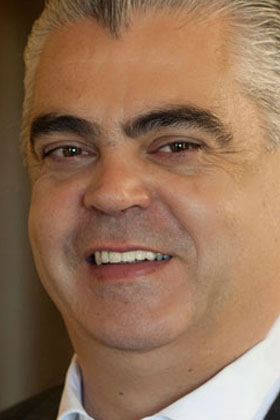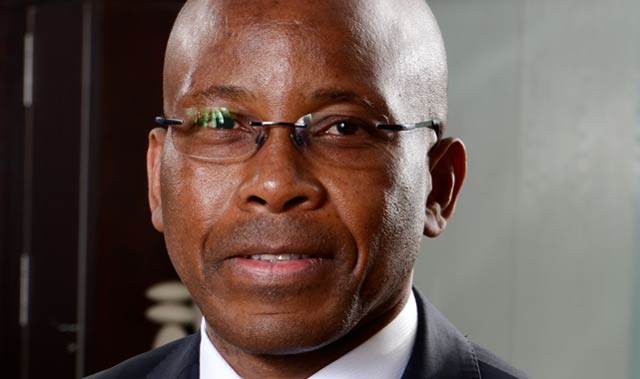
Concerns are growing in the telecommunications industry that government plans to abandon the nearly universal model of auctioning off precious radio frequency spectrum to private-sector operators, instead allocating it to a single wholesale provider in which the state has significant input.
The decision, on which tens billions of rand of future investment by the telecoms sector is riding, looks set to determine the competitive shape of the industry for decades to come. The decisions will have a direct impact on how widely broadband gets deployed, including in underserviced areas, and how much consumers will pay to access the Internet.
Government was set to outline its plans for spectrum in the key 700MHz, 800MHz and 2,6GHz bands as early as this week as it prepares to publish the integrated national ICT policy white paper, a precursor to legislative amendments that should help modernise the policies that govern the sector in South Africa. However, a delay now looks likely as the white paper is still being debated in cabinet committees.
Siya Qoza, the spokesman for telecoms minister Siyabonga Cwele, said the licensing of spectrum can only proceed after the finalisation of the policy by cabinet.

The white paper process is meant to address policy gaps that were identified in government’s broadband policy, South Africa Connect, and in the integrated ICT policy review, said Qoza.
“The spectrum policy is part of the policies that are being finalised. It is hoped that [the spectrum policy] will be finalised in a manner that ensures that this scarce national resource is allocated [in] such [a way] that we achieve national objectives that include ensuring universal access, affordability and transformation.”
But some operators are expressing concern privately that government plans to introduce a model in South Africa that diverges from the one adopted by many other countries. A big concern is that instead of allocating spectrum at 700MHz, 800MHz and 2,6GHz to private operators through a competitive auction process managed by communications regulator Icasa, government will decide how it will be allocated, using administrative processes. This would be much more susceptible to manipulation and corruption.
A worry is that government will hoard the spectrum or hand it over to a single wholesale provider, in the process doing away with the infrastructure-based competition that has been the hallmark of the industry since the mid-1990s.
Cell C is the only big mobile operator that is in favour of the creation of a wholesale national network. Its CEO, Jose Dos Santos, said spectrum should be pooled for efficiency.
“Cell C continues to support the establishment of a national broadband network to provide wholesale access to all operators and service providers to the benefit of consumers,” Dos Santos said.
MTN and Vodacom are against the idea, favouring the auction of spectrum as well as infrastructure competition.
South Africa will be left behind if additional spectrum is not released
MTN South Africa CEO Mteto Nyati said there is “significant research and literature from independent experts that indicate that an auction is the most optimal approach for a regulator to take when licensing spectrum”.
“In a competitive market, spectrum auctions are a viable mechanism to ensure that spectrum is used as effectively and efficiently as possible [by] those that are the eventual winners of the auction,” Nyati said.
Auctions are more transparent and are not subject to disputes and litigation, he added.

Dos Santos said access to additional spectrum is imperative for economic and social growth.
“Already operators abroad are rolling out next-generation technologies and South Africa will be left behind if additional spectrum is not released,” he said.
“Operators cannot effectively roll out next-generation technologies such as 4G and 5G without this spectrum. In addition, South African consumers will not experience the benefit of future devices and new products and services when launched globally if we cannot support these new technologies. This will prohibit innovation and South Africa will not be able to compete globally.”
- This piece was first published in the Sunday Times




